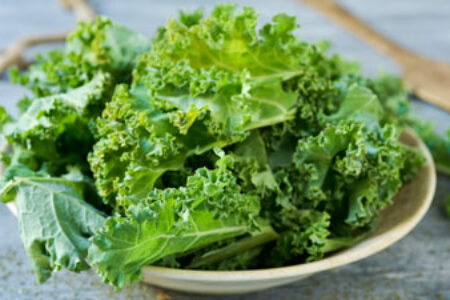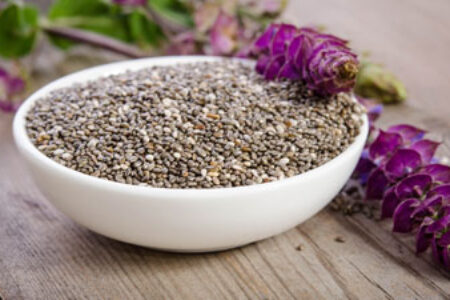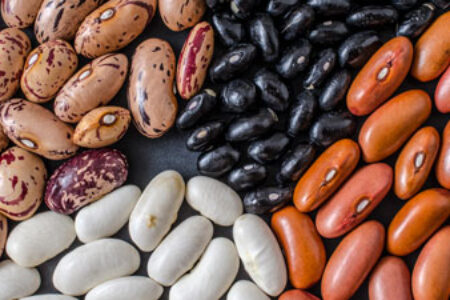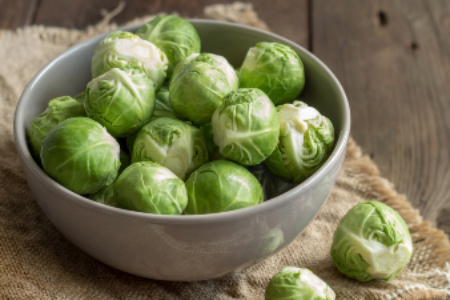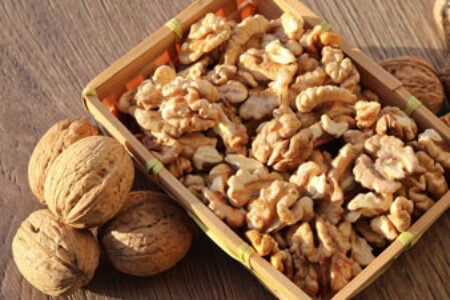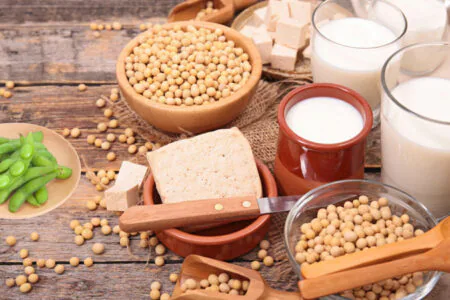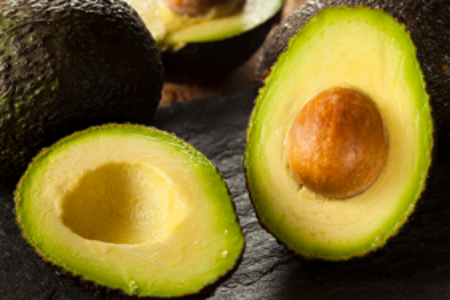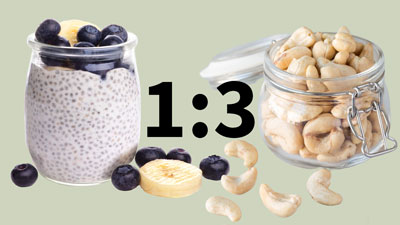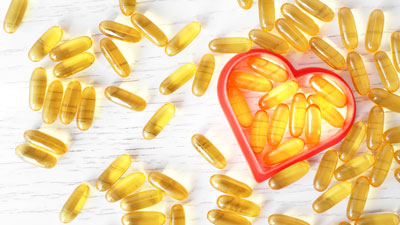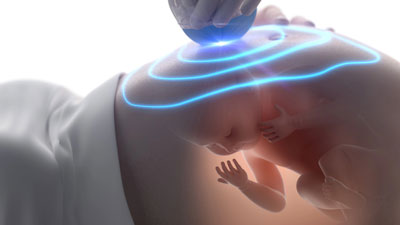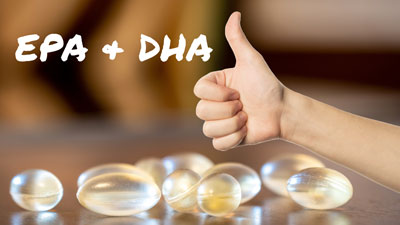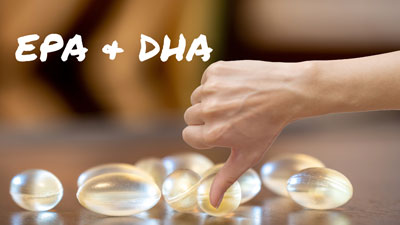
When it comes to omega-3 fatty acids, there is a lot of conflicting information flooding the Internet. Are they good for our heart health, for our brain health, for fetal and early development? Do we need to take DHA and EPA supplements or is getting ALA from whole, plant-based foods enough?
On this page we will share the available science-based facts and interpretations from top plant-based nutrition authorities to help you make an informed decision on whether you should rely on whole-food, plant-based (WFPB) sources, or get DHA and EPA supplements for you and your family.
But first, let’s define what ALA, EPA and DHA mean.
ALA, EPA & DHA
These are the top three types of omega-3 fatty acids needed by our body: Alpha-linolenic acid (ALA), eicosapentaenoic acid (EPA), and docosahexaenoic acid (DHA). ALA is considered an essential nutrient because we can’t make it ourselves, so we need to get it from our food. Fortunately, there are many WFPB sources available to us. We can convert ALA into DHA and EPA, both needed for our brain health, but the percentage of ALA that we convert is typically small, and it varies by age, gender, genetics, and even our diet. This is why they are considered conditionally essential nutrients.
Since people following a plant-based diet have lower levels of EPA and DHA in their blood, many WFPB doctors recommend taking algae-based DHA and EPA supplements. But, not all doctors believe we need to supplement at all.
Scroll down to learn more. Also, try our personalized ALA nutrition calculator, discover some of its top WFPB sources, and learn more about the health benefits of ALA, EPA and DHA.
Top Whole-Food, Plant-Based Sources
Hover over each food below to see how much omega-3 in the form of alpha-linolenic acid (ALA) you can get with one serving. Click on each food’s picture to visit its interactive page with a personalized calculator of all the nutrition you can get from this food, more information about how it supports our body, tips to choose and prepare it, interesting facts, and more!
Omega-3 Personalized Calculator
See how much omega-3 you and your family members need, according to the Dietary Guidelines for Americans, 2020-2025.
Keep in mind that Reference Intakes and Adequate Intakes have only been established for alpha-linolenic acid (ALA) because it is the only type of omega 3 that is considered essential. Unfortunately, there are no intake recommendations for DHA or EPA, however the Upper Intake Levels only apply to these two, since no toxicity has been reported from ingesting high amounts of ALA through our diet.
Terminology:
- Reference Intake (RI): This is an approximate amount of a particular nutrient needed for a healthy diet.
- Adequate Intake (AI): Used when a Recommended Daly Allowance can’t be determined. It is an approximation of intake of a certain nutrient by a group or groups of healthy people. This AI takes into consideration age, gender, and whether a woman is pregnant, lactating or none.
- Upper Intake Level (UL): The highest amount of nutrient intake that will not pose adverse health effects on most individuals.
Important Facts About Omega-3
Comparison of Omega-3 Fatty Acids Sources
You may be wondering if ALA from plants is enough, or if you should also be getting some EPA and DHA by adding supplements or including fish in your diet. Below, we summarize what each of these groups provides.

